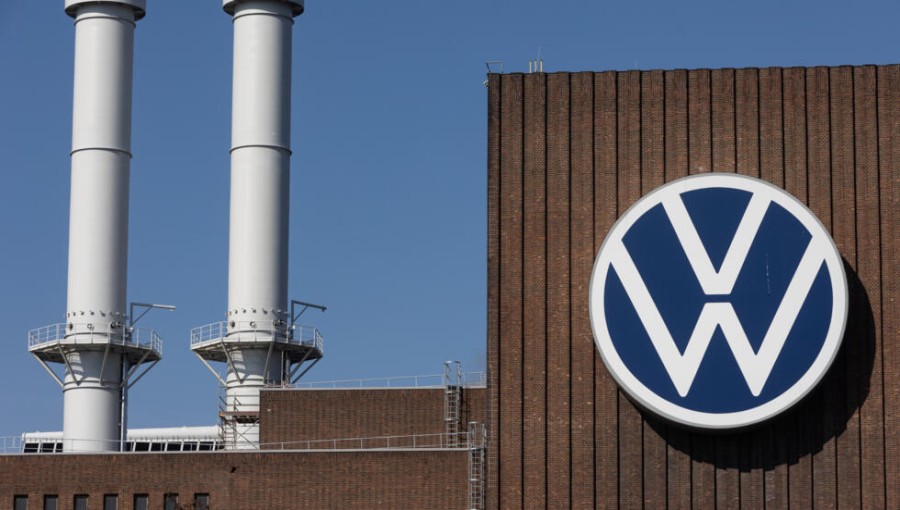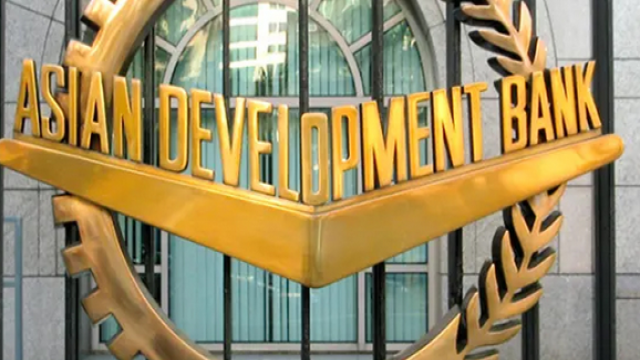Volkswagen's management is bracing for a tense and challenging meeting at its Wolfsburg headquarters on Wednesday, where they will face a fearful and potentially hostile workforce. The meeting comes as the automaker prepares to announce significant cost-cutting measures, including potential factory closures in Germany, as part of an effort to achieve an ambitious profit target.
Chief Financial Officer Arno Antlitz and VW brand chief Thomas Schaefer will outline the company's plans, which are aimed at increasing the brand's profit margin to 6.5% by 2026, a significant jump from the 2.3% margin recorded in the first half of this year. These plans are part of a broader €10 billion ($11.04 billion) cost-cutting drive.
The proposed cuts have sparked strong opposition from labor representatives. Daniela Cavallo, head of Volkswagen's works council and an elected representative of the workers, has vowed to fiercely resist the cuts. She has warned that emotions will be high during the meeting, and she anticipates that management will find the discussions "very uncomfortable."
Volkswagen's announcement on Monday that it is considering closing factories in Germany and potentially ending a decades-old job guarantee at six of its plants has added to the tension. This move is seen as unprecedented and has intensified concerns among the workforce.
The company is scheduled to negotiate a wage increase with unions in October, but labor representatives are pushing to bring those discussions forward. They also want to engage in a broader conversation about Volkswagen's strategic options, especially regarding the production of mass-market electric vehicles, which they believe the company has been too slow to invest in.
The IG Metall union, a powerful labor stakeholder group with representation on Volkswagen's supervisory board, has indicated that it cannot imagine starting negotiations without the company first retracting its threat to close plants. Thomas Knabel, a representative for the union at Volkswagen's Zwickau plant, emphasized the need to establish "rules of the game" before negotiations can proceed.
Volkswagen's management has attributed its financial difficulties to the worsening economic environment in Germany and increased competition in the automotive market. However, labor representatives argue that the company's production strategy has been inefficient, and management has been too slow to respond to the shift towards electric vehicles.
Analysts and investors agree that Volkswagen needs to make quick decisions on where to cut costs, but they also acknowledge that this will be a complex and challenging task for a company of Volkswagen's size. Philippe Houchois, an analyst at Jefferies, noted that while management and unions have historically been able to reach consensus during difficult times, the current situation is unlikely to be resolved smoothly.































Comment: